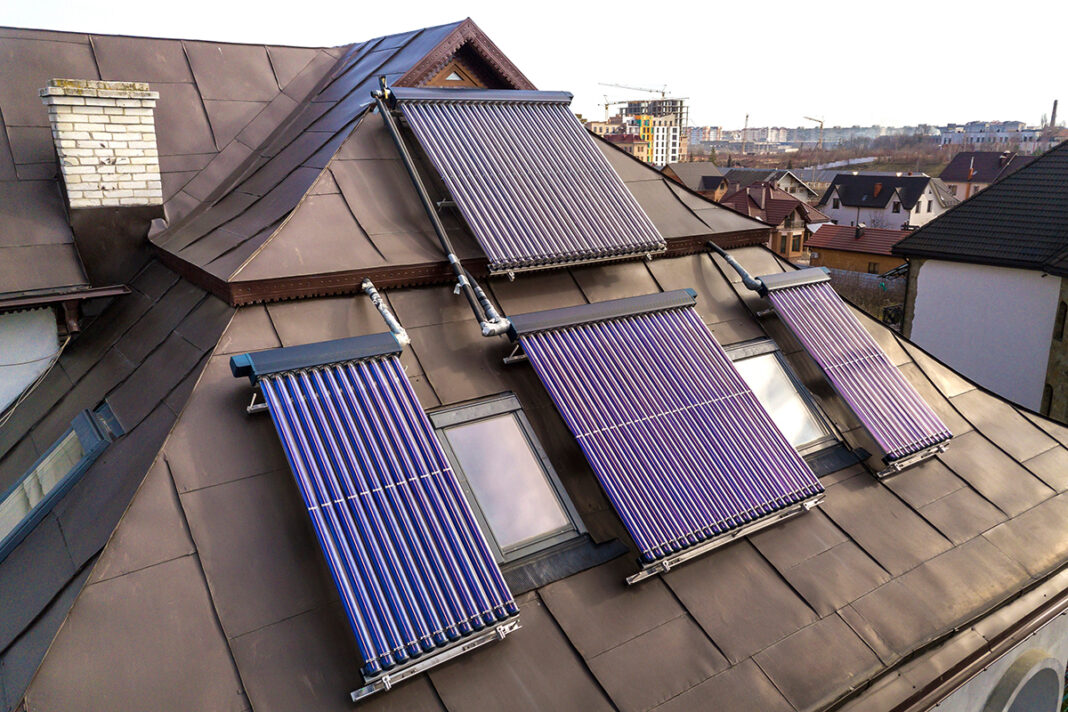Unvented Hot Water Cylinder provides instant hot water on demand, providing comfort and convenience to homeowners. However, regular maintenance is essential to keep the storage running safely and efficiently.
Benefits of Regular Unvented Cylinder Servicing
- Safety: Regular inspections identify potential safety risks like leaks and corrosion and prevent accidents.
- Efficiency: Maintains optimum performance, reduces energy consumption and saves you money.
- Longevity: Proper care will extend the life of your cylinder and avoid costly replacements.
- Peace of mind: Knowing your cylinder is safe and efficient gives you comfort and reduces stress.
- Always-on hot water: Regular maintenance helps maintain a steady supply of hot water and prevents it from disrupting your daily life.
- Increased water pressure: Properly maintained cylinders can provide higher water pressure.
- Less noise: vented cylinders are generally quieter than traditional systems and maintenance can help maintain this benefit.
- Environmental impact: An efficient hot water system contributes to a reduced carbon footprint.
Investing in regular maintenance on your Unvented Cylinders will help you get the most benefit from your system while ensuring the safety and well-being of your family.
Selecting a Qualified Technician
It is important to select a technician who is qualified to service your unvented cylinders. Make sure the technician is G3 certified and enrolled in the Skilled Worker Program. Qualified professionals have the expertise necessary to safely inspect and service your cylinders.
What to Expect During Maintenance
Comprehensive maintenance of non-vented cylinders typically includes:
- Visual inspection: Check for signs of wear, leaks, and corrosion.
- Pressure check: Ensure cylinders are operating at the correct pressure.
- Temperature check: Ensure water temperature is within safe limits.
- Safety device testing: Test the function of safety valves and expansion vessels.
- Frost protection: Ensure adequate protection against freezing temperatures.
- Component Check: Checks the condition of the internal components of the cylinder.
Signs That A Cylinder Needs Replacing
It is important to be aware of the signs that a cylinder needs replacing:
- Loss of hot water pressure: This may indicate limescale buildup or a problem with the pump.
- Fluctuating water temperature: Uneven hot water temperature can be caused by a number of things, including a faulty thermostat or element.
- Unusual noises: Strange noises coming from the cylinder may indicate a problem.
- Leaks: Any visible signs of leakage should be repaired immediately by a qualified technician.
About Non-vented Cylinders
Because non-vented cylinders store pressurized hot water, it is important that they comply with the appropriate safety standards. Unlike traditional vented cylinders, non-vented systems require specialized expertise to install and maintain.
Investing in regular maintenance on your vented tank will help protect your family, save you money, and enjoy the peace of mind that comes with reliable hot water.






